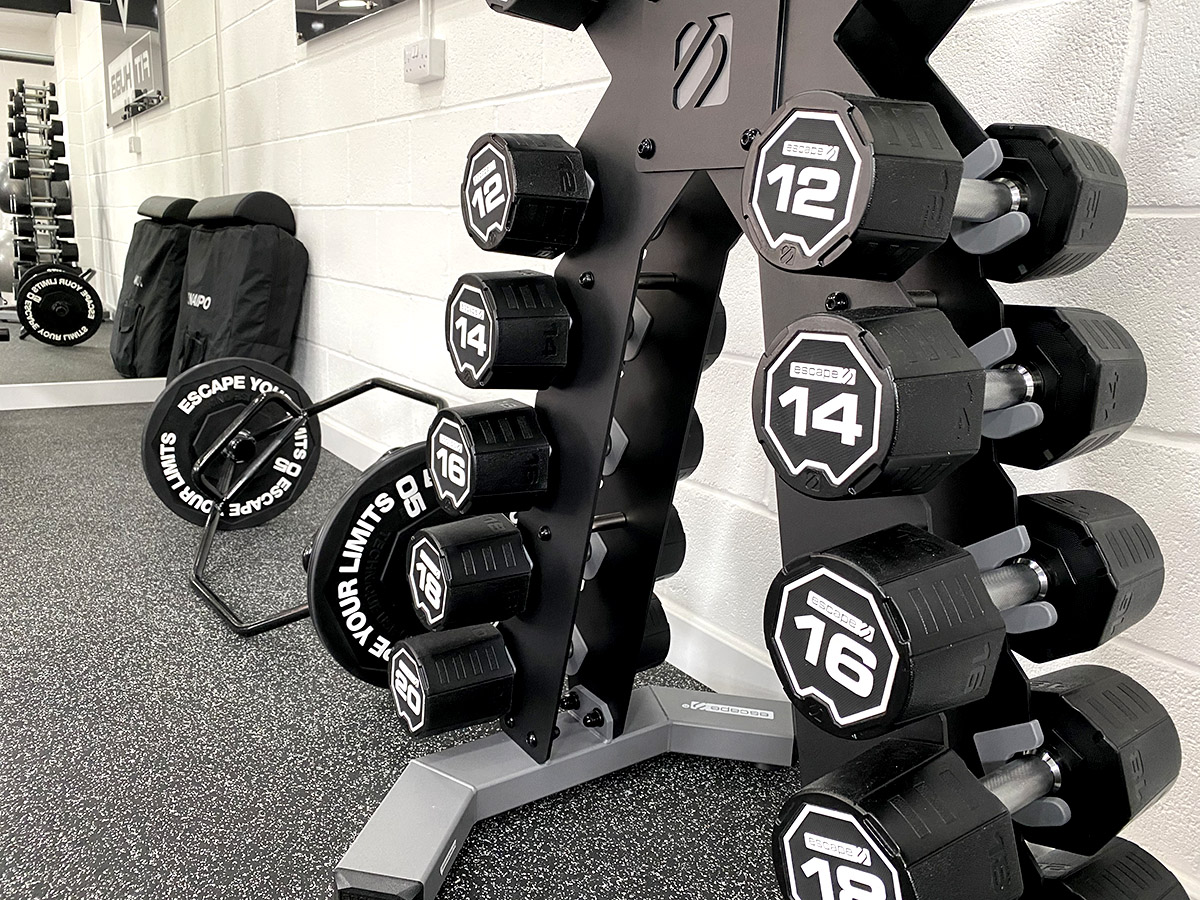How to choose a personal trainer?

Search out a personal trainer
Gyms and fitness centres reopened last month (June 2020) after almost three months of closure during Covid19.
Gym members were delighted with the news, but after a month of experimenting with the new normal, some have decided to continue working out online, or search out personal trainers.
A few readers have written in to ask how to engage a virtual personal trainer (many have sprung up during the Covid-19 pandemic) because they want to start their fitness journey after realising (finally!) that regular exercise can boost the immune system and help fight off infections. Exercise allows immune cells to perform effectively by increasing blood flow, reducing stress and inflammation, and strengthening antibodies.
So here are a few factors to take into account when choosing a virtual personal trainer.
Check the trainer’s credentials
- Is the trainer qualified to conduct sessions?
- Can you connect with the trainer? Do they make you look forward with anticipation to the sessions?
- Trainers should be certified and have several years of experience.
- Many reputable trainers have testimonials on their websites or social media.
- If you don’t know who to choose, ask friends for recommendations.
- Try out a few by requesting for trial sessions. Some offer it for free, while others charge a discounted fee.
- It takes time to find the right one, but when you hit the jackpot, you’ll know it.
- That trainer will listen to you, give you a great workout and make you feel better by the end of the session.
- If he communicates often to find out how you’re progressing, that’s an added bonus.
- Belief is that if you’re sincere in wanting to get fit, the right trainer will appear and teach you what is necessary.
- Once you gel with the trainer, you can commit by signing up.
- The cost will vary depending on the level of experience of the trainer and the length of the training session.
Injury prevention
- When you’re exercising, no matter what type of workout it may be, preventing injuries is extremely important.
- The trainer needs to give you exercises that are safe and tailored to your fitness level.
- Ensure that the trainer is indeed keeping a watchful eye on your form and alignment, instead of merely counting how many repetitions you are doing.
- You’d be surprised how easy it is to do something incorrectly, but feels natural to your body.
- Nothing beats the motivation provided by an instructor standing right next to you.
Is the trainer motivating?
- Admittedly, it is hard to train someone and provide motivation when there is no physical contact.
- Does the trainer act like a boot camp leader when you are gasping for air and almost giving up on that burpee, or does she tell you to take it easy and stop?
- Some like to push hard and clients like it. Others prefer a gentler approach.
- Remember that whether gentle or hard, she must be able to keep you motivated so that you return eagerly for the next session.
- Also, she shouldn’t be working out with you because you are paying for her to work you out.
Achieving results
- One of the most significant benefits of working with a personal trainer, virtually or in person, is the results they help you achieve.
- A good trainer will give you a full evaluation and get to know your background (i.e. injuries, health issues, etc.) and goals, and come up with a plan for you to achieve those goals as efficiently as possible.
- If you’re not seeing results or feeling stronger after a month of training, it’s time to re-examine the trainer and training.
- On the other hand, be wary if the trainer tries to sell you diet/protein supplements or dishes out a daily meal plan.
- He might be able to offer you advice on eating healthy, but unless he’s a certified nutritionist, he shouldn’t be prescribing a diet for you.
- If the trainer gives you a day-by-day schedule of what you should eat, he is operating outside his professional boundaries.
- I had one trainer who aggressively marketed topical magnesium oil to all clients because she claimed that half the people in the world are magnesium deficient and the fastest way to deliver the mineral to the body is via sprays.
- She cited some German research and the gullible ones bought her explanation.
- One happy client told me it was the fix for all her menopausal symptoms and she carries a bottle in her handbag.
- Indeed, applying magnesium oil can help reduce the frequency of migraines and help with insomnia as it relaxes you.
- A lack of magnesium can cause fatigue and muscle cramps, but I’m not sure if it is a cure for many ailments.
- The Covid-19 pandemic has changed our daily routines quite a bit and we’ve all had to make adjustments.
- Virtual training doesn’t have the same effect as training with a personal trainer standing next to you, but it is a cheaper option to keep safe during this period.
